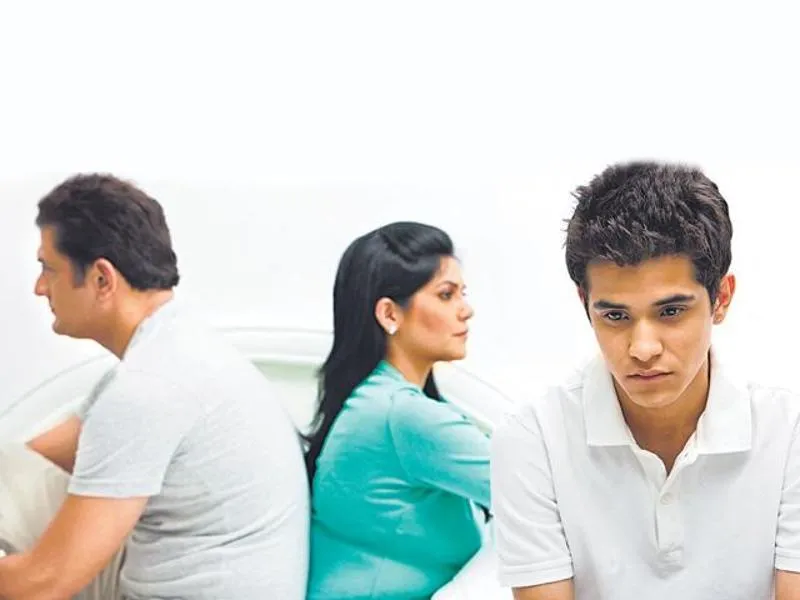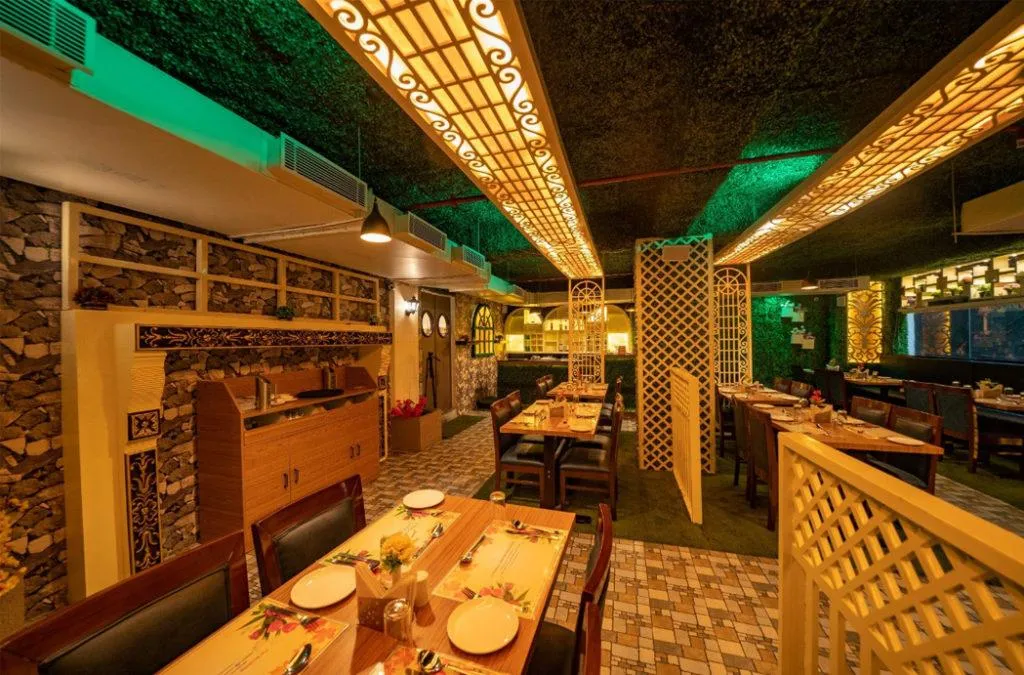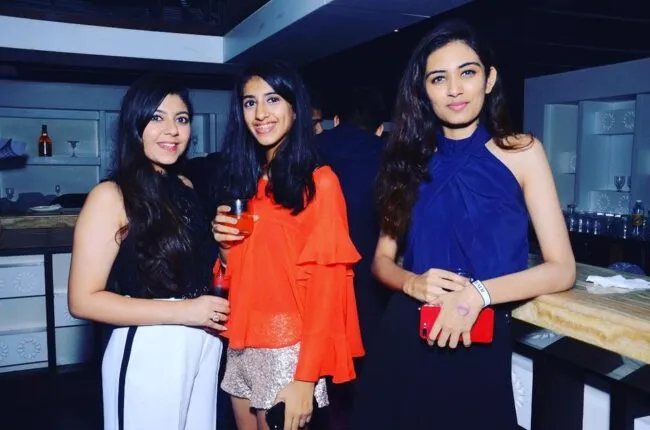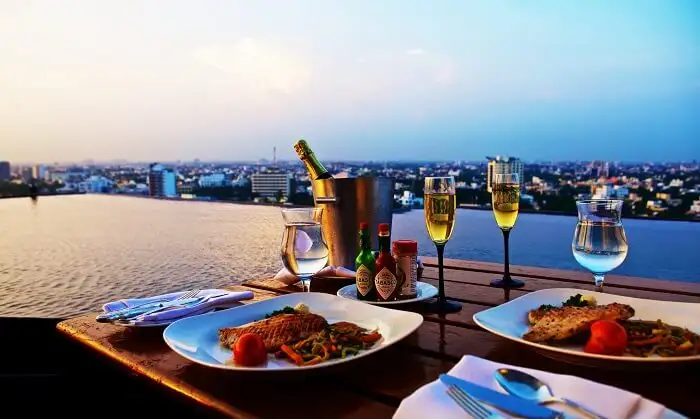HeyDosti Blog
Connect . Bond . Grow

Exploring Dating Taboos in Indian Society: Understanding Boundaries and Breaking Stigmas
Dating in Indian society comes with its own set of complexities, deeply intertwined with cultural norms, traditions, and societal expectations. While modernization and globalization have brought about significant shifts in attitudes towards relationships, certain taboos still prevail, shaping the dating landscape in India. In this blog, we delve into the intricacies of dating taboos in Indian society, shedding light on the boundaries, stigmas, and evolving perspectives surrounding romantic relationships.
The Cultural Context:
India's rich tapestry of culture and tradition plays a pivotal role in shaping attitudes towards dating and relationships. Deep-rooted societal norms, influenced by religion, caste, and family values, often dictate the boundaries within which individuals navigate the realm of romance. Some of the prevalent dating taboos in Indian society include:
Arranged Marriage Preference: Arranged marriages remain a prevalent institution in India, with many families prioritizing traditional matchmaking methods over autonomous partner selection. Consequently, the concept of dating outside of arranged setups can be met with skepticism or disapproval in certain circles.
Caste and Community Considerations: The concept of endogamy, or marrying within one's caste or community, continues to hold significance in Indian society. Dating someone from a different caste or community may be frowned upon, with concerns about cultural compatibility and societal acceptance often looming large.
Gender Norms and Expectations: Gender roles and expectations play a significant role in shaping dating dynamics in India. While attitudes are gradually evolving, traditional gender norms often dictate that men take the lead in pursuing relationships, while women are expected to be more passive and demure.
Parental Approval: The importance of parental approval in matters of love and marriage cannot be overstated in Indian society. Seeking parental consent and approval before entering into a relationship or considering marriage is considered a cultural norm, and going against parental wishes can be met with resistance.
Breaking the Stigmas:
Despite the prevalence of dating taboos in Indian society, there is a gradual shift towards more liberal attitudes and practices, especially among the younger generation. Here are some ways individuals are challenging dating taboos and breaking stigmas:
Open Communication: Honest and open communication between partners is key to navigating dating taboos in Indian society. Discussing expectations, boundaries, and cultural sensitivities openly can help bridge the gap and foster mutual understanding.
Empowering Choice: The rise of urbanization, education, and economic independence has empowered individuals to assert their right to choose their own partners. More young Indians are prioritizing compatibility and personal happiness over societal expectations, challenging the notion of arranged marriages as the only viable option.
Interfaith and Inter-caste Relationships: Despite societal barriers, interfaith and inter-caste relationships are becoming increasingly common in India. Couples are challenging stereotypes and prejudices by embracing love across religious and caste divides, paving the way for greater social acceptance and inclusivity.
Community Support: Supportive communities and peer networks play a crucial role in normalizing non-traditional relationship dynamics. Platforms and forums that provide a safe space for individuals to share their experiences and seek advice can help combat the stigma associated with dating outside of cultural norms.
Navigating Dating Taboos: Tips for Success:
For those navigating the complexities of dating in Indian society, here are some practical tips for overcoming taboos and fostering healthy relationships:
Respect Cultural Sensitivities: While challenging societal norms, it's essential to respect cultural sensitivities and traditions. Understanding and acknowledging the cultural context can help navigate potential conflicts and foster mutual respect.
Communicate Effectively: Clear and open communication with your partner is essential for navigating dating taboos. Discuss your expectations, concerns, and boundaries openly, and work together to find common ground.
Educate and Advocate: Educating oneself and others about the importance of consent, autonomy, and inclusivity in relationships can help challenge outdated attitudes and stigmas. Be an advocate for change within your community and challenge discriminatory beliefs.
Seek Support: Surround yourself with a supportive network of friends, family, or community members who respect your choices and offer encouragement. Having a support system can help navigate challenges and provide emotional validation.
In conclusion, while dating taboos persist in Indian society, there is a growing momentum towards challenging outdated norms and embracing more inclusive and progressive attitudes towards relationships. By fostering open communication, advocating for change, and respecting cultural sensitivities, individuals can navigate the complexities of dating with confidence and authenticity, paving the way for more fulfilling and harmonious relationships.





